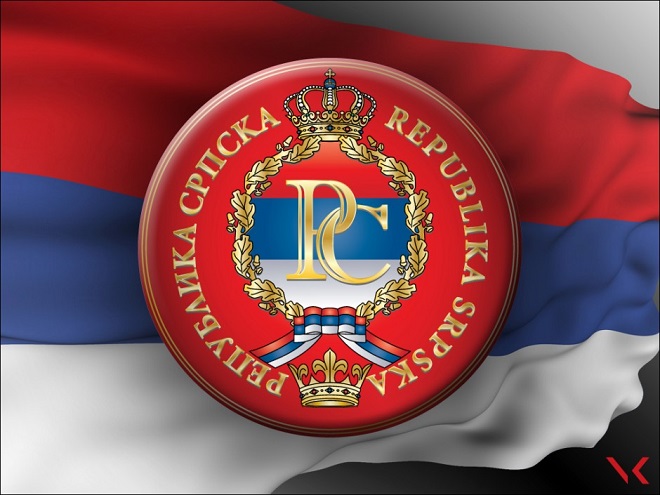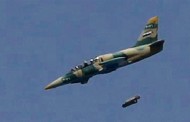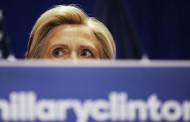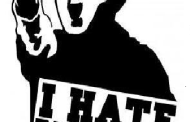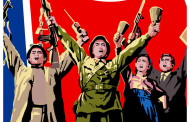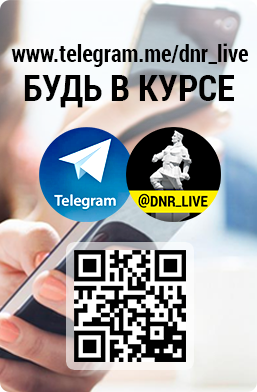The controversial referendum in Bosnia’s Serb-dominated entity has unleashed passions and language of a kind not seen since the 1990s – with the media in some countries fanning the flames.
| Serbia’s President Tomislav Nikolic. |
Serbia’s President, Tomislav Nikolic, has asked the Serbian military to “carry out its regular duties much more carefully” following the heated exchange of threats between Bosniak [Muslim], Bosnian Serb and Serbian officials, media reports said on Thursday.
“No one will catch us by surprise,” President Nikolic said, adding that the situation in Bosnia and Herzegovina was being carefully monitored.
His statement followed a series of harsh, even warmongering, comments that have shaken the region as a controversial referendum in the mainly Serbian entity of Bosnia, Republika Srpska, draws near.
Some believe the harshness of the politicians’ statements also reflects the fact that Bosnia faces local elections October 2.
The referendum, scheduled for September 25, asks voters in the entity whether they support continued observance of the RS National Day on January 9.
The vote was called after Bosnia’s constitutional court banned the celebration as discriminatory towards the entity’s non-Serbs.
While the EU and US have condemned the referendum, Russia has supported it. With the international community visibly divided over the issue, the RS leadership has decided to proceed with the vote.
Bosniaks [Muslims] say the referendum poses a direct challenge to the Constitutional Court and to the Office of the High Representative, OHR, and may be a prelude to another referendum on secession of the RS from the rest of Bosnia.
In that context, some Bosniak officials have warned that any threat to Bosnia’s constitutional or territorial integrity could lead to a new war.
Ex-general’s words cause avalanche of reactions
| Republika Srpska President Milorad Dodik. |
The recent exchanges between Bosniak, Bosnian Serb and Serbian officials are unheard-of since the 1992-5 war in Bosnia ended.
Retired General and former Bosnian Army Chief of Staff Sefer Halilovic brought matters to a head on September 19 when he said the Bosnian Serb referendum was unpacking the 1995 Dayton Peace Agreement, which could not be done without a new war.
“If someone wants to break Bosnia apart, that will not go [ahead] without a war,” he said, adding that if war did break out, the Bosniaks could take over RS within 10 to 15 days, as Serbia would not assist the Bosnian Serbs this time round, as it did in the 1990s.
Halilovic, now head of the Bosnian Patriotic Party, which has one MP in Bosnia’s state parliament, rarely appears in public and even more rarely speaks to the media.
This time, his bellicose statement unleashed an avalanche of reactions, however.
The President of the RS, Milorad Dodik, responded that if the entity was indeed attacked, it would not only defend itself ably but would immediately declare independence.
The conflicting statements drew feverish speculation of a new conflict in the media.
Serbian media outlets promptly reported on their front pages that the threat of a new war in Bosnia was immanent.
Informer, which is close to the Serbian government, on its front page on Wednesday ran a headline that read: “[They] Want war” with the subheading, “They want to slaughter Serbs,” above a photograph of Halilovic.
The daily Vecernje Novosti meanwhile carried a calmer statement from Serbian Prime Minister Aleksandar Vucic, insisting that “no one can dismantle the RS.”
“Serbia does not want conflict. However, Serbia, according to the Dayton peace treaty and any other law and morality, has an obligation to protect its people. The RS cannot be erased from the face of the earth as Halilovic and maybe some others want,” Novosti quoted PM Vucic as saying.
The daily Kurir on Wednesday carried the headline: “If you want war in Bosnia you will get it,” citing Serbian Foreign Minister Ivica Dacic, but without that direct quote in the text.
The newspaper did, however, quote Dacic as opining that Halilovic only says what the main Bosniak leader in Bosnia, Bakir Izetbegovic, thinks.
“That is why his talk should be considered seriously; it shows that there is a war plan,” the newspaper cited Dacic as saying.
The war talk within Bosnia and between Bosnia and Serbia has also alarmed neighbouring Croatia.
The Croatian daily Jutarnji list, citing sources close to the political leadership, on Thursday said Zagreb would shortly address the unfolding situation in Bosnia through its positions in the EU and other international bodies.
“Croatia has a legitimate right to fight for the equality of the Croats in Bosnia,” the Croatian media also cited Mate Granic, a former foreign minister and now advisor to Croatian President Kolinda Grabar Kitarovic, as saying.
The violent verbal exchanges have also been picked up by the international media. “Bosnia: War talk again in the Balkans,” the Associated Press reported on Wednesday.
Media in both of Bosnia’s entities have refrained from the kind of inflamatory language used in some of the Serbian media, but have carried all the key statements from politicians in the region.
The Banja Luka daily, “Nezavisne Novine” carried the headline, “Peace a lasting commitment”, stating that inflammatory statements are being used for daily political purposes.
“Everyone should remain calm,” another Banja Luka-based daily, “Glas Srpske”, said, quoting the Head of the EU Delegation to Bosnia, Lars-Gunnar Wigemark, after his visit to Banja Luka on Thursday.
In Thursday’s edition it published an interview with Russian ambassador Petar Ivancov who was quoted as saying that the referendum was being “artificially turned into a deep crisis”.
The Sarajevo daily “Dnevni avaz” noted only that “on the eve of the referendum, tensions in the region are on the rise”.
The Council of Communications Regulatory Agency, the body that oversees the work of electronic media in Bosnia, on Thursday urged the media to avoid warmonger rhetoric.
Calls to keep the peace
| The Serb member of Bosnia’s presidency, Mladen Ivanic. Photo: European People’s Party/Flickr |
While some media outlets and politicians are busy fanning the flames, others are trying to calm tensions.
“There will be no war, primarily because citizens are much smarter than the leaders they elected,” the Serbian member of Bosnia’s presidency, Mladen Ivanic, said on Wednesday.
“War does not suit citizens, maybe [it does the] leaders. No leader was hurt in the war; ordinary people suffer,” he added, noting: “Citizens do not want a war, though of course there are madmen and extremists on both sides.”
Meanwhile, Serbia’s daily Kurir on Thursday wrote “F… you and your war” on its front page, reporting that people across the region were protesting against the politicians’ inflammatory rhetoric.
The Serbian daily newspaper Blic has also joined the anti-war campaign, putting on the front page a photograph of child refugees from the 1990s under the headline: “We have no more children for bullets.”
“The referendum is the cause for all this. And it represents a political spin that the RS authorities have done to ensure their victory in the elections,” the Banja Luka-based analyst, Srdjan Puhalo, told BIRN.
“The latest warmongering statements are solely for the purpose of the elections. They suit both sides because neither of them has anything else to offer the voters,” he added.
“This is a great opportunity for them to present themselves as uncompromising fighters for the interests of the RS or of Bosnia and Herzegovina, depending on where they come from,” Puhalo concluded.
- Будь в курсе последних новостей и интересных статей, подписывайся на наш канал «NovorossiaToday»
- Be aware of the current events and interesting articles, subscribe to our channel «NovorossiaToday»
- Pour ne rien manquer de la derniere actualite et des articles interessants, suis notre chaine Telegram en direct«NovorossiaToday»

